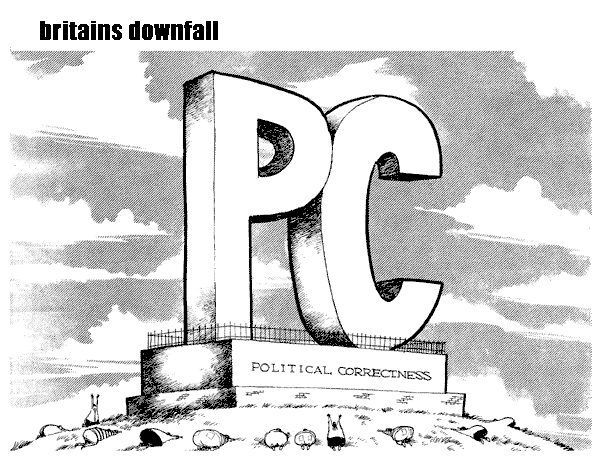 MORE than 230 foreigners identified by MI5 and Scotland Yard as suspected terrorists have been allowed to stay in Britain as asylum seekers.
MORE than 230 foreigners identified by MI5 and Scotland Yard as suspected terrorists have been allowed to stay in Britain as asylum seekers.Home Office records show that nearly a quarter of the 963 people arrested in counter-terrorism operations in England and Wales since September 2001 have claimed refugee status, saying their human rights would be violated if they returned to countries such as Algeria, Iraq and Somalia.While their applications are processed, all are entitled to state benefits such as free housing and legal aid to pursue their claims that they would be persecuted in their home countries.Critics say the figures make a mockery of a much trumpeted announcement by Tony Blair after last July’s London bombings that the government would automatically refuse asylum to anyone engaged in terrorism.The disclosure will increase pressure on John Reid, the home secretary, who already faces claims that he misled the public over the affair of five Nigerians who were arrested last week working as illegal immigrants at the Home Office.Reid boasted that the arrests showed that the system for detecting illegal migrants worked. But the company that employed them later revealed that the men had been working at the department for years.With Reid due to be grilled by a Commons committee over the immigration debacles, the figures on terrorist suspects have reignited the debate over Britain’s "porous borders".Patrick Mercer, the Tory spokesman for homeland security, said terrorists were being wrongly led to believe that they could take advantage of Britain’s lax border controls.The Tories want a US-style national border police to stop dangerous terrorists and criminals from entering the country.Baroness Cox, a former deputy speaker of the Lords who has been pressing ministers to disclose the statistics, said that allowing so many terror suspects to seek asylum sent the wrong message."This is quite a signifiant group of people who could be a threat to society," she said. "It shows a remarkable lack of due care and vigilance by the government."Sir Andrew Green, the former British ambassador to Saudi Arabia and chairman of MigrationWatch UK, an independent think tank, said: "This is clear evidence of the abuse of the asylum system by potential terrorists. We have long urged that we need a much tougher and more realistic approach to applications from countries we know to be potential sources of terrorism."Latest Home Office figures show that of the 963 people detained under Britain’s terrorism laws between September 2001 and November 2005, 232 were identified in the department’s records as having applied for asylum, 214 of them before being arrested. Scotland Yard said an additional 34 people had been arrested as suspected terrorists in the period to March this year, bringing the total number to 997. If one in four has also claimed asylum, that would bring the total of asylum seeking terror suspects to about 240.The Home Office says most of those arrested are never brought to court. More than half are released without charge while dozens more are charged under other laws with crimes such as murder, grievous bodily harm or the use of firearms.Several men charged in an alleged plot to target Britain with the deadly poison ricin were asylum seekers. Among them was Algerian-born Kamel Bourgass, the ringleader. He was sentenced to life imprisonment last year for the murder of Stephen Oake, a Manchester special branch officer.Abu Qatada, a radical Muslim cleric said to be Al-Qaeda’s "ambassador in Europe", came to Britain as an asylum seeker from Pakistan in 1993. The Home Office is trying to deport him to Jordan, the place of his birth, claiming that his presence is "not conducive to the public good". It has also emerged that two men charged over the July 21 attacks on London had come to Britain as dependents of asylum seekers from Somalia and Eritrea.Lord Goldsmith, the attorney-general, said yesterday that he would ask the European Court of Human Rights to review its absolute bar on deporting people to countries where they could face death or torture. Goldsmith said the government wanted to be able to take into account British security considerations. Experts warned that article 3 of the human rights convention, which is enshrined in the government’s human rights act, meant that it was almost impossible to remove people from Britain even if they were terrorists. "Tony Blair has quite deliberately misled the public in suggesting that we could just remove people suspected or found guilty of terrorism," said Green
No comments:
Post a Comment